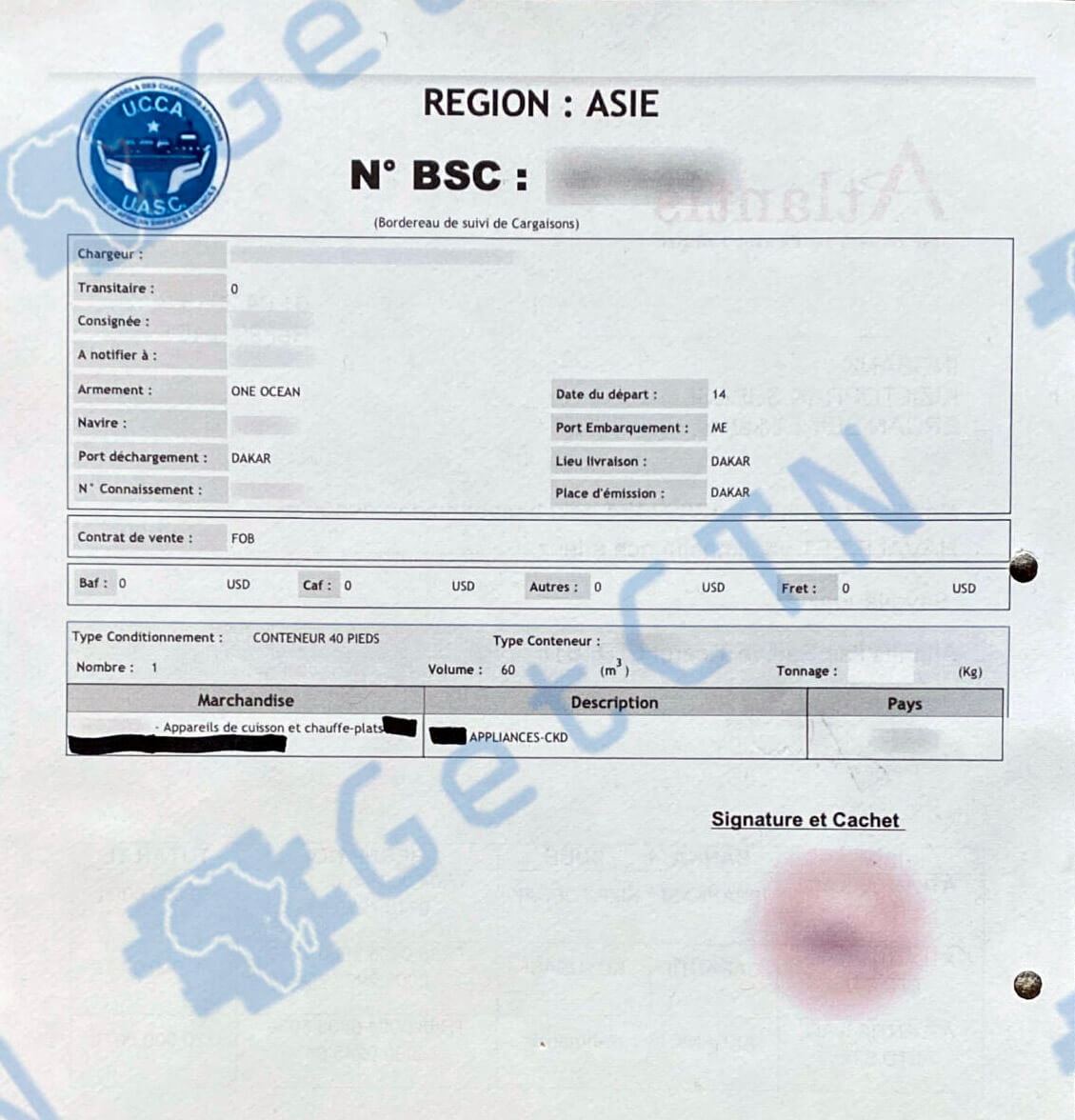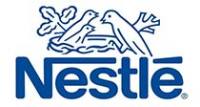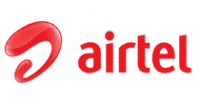
+1 518 302 6818
kyle.hallner@getctn.com

+44 7723 465323
murat.aydin@getctn.com

+1 518 302 6818
kyle.hallner@getctn.com

+971 4230 6314
li.wei@getctn.com

+31 970 1025 5535
sofia.ricci@getctn.com

+31 970 1025 5535
emilie.dubois@getctn.com

+31 970 1025 5535
lukas.muller@getctn.com

+44 7723 465323
carlos.hernandez@getctn.com

+44 7723 465323
olivia.brown@getctn.com

+31 970 1025 5535
emma.peeters@getctn.com

+971 4230 6314
takahashi.hiroshi@getctn.com

+31 970 1025 5535
anna.devries@getctn.com

+91 99877 27960
alamgir.binansar@getctn.com

+971 4230 6314
sara.almulla@getctn.com

+44 7723 465323
mikko.makela@getctn.com

+44 7723 465323
liam.murphy@getctn.com

+44 7723 465323
lerato.molefe@getctn.com

+44 7723 465323
kurt.schmidt@getctn.com

+44 7723 465323
cheng.wei.lim@getctn.com

+20 109 400 1060
ahmed.morsi@getctn.com

+44 7723 465323
emeka.nwosu@getctn.com

+44 7723 465323
minjae.choi@getctn.com

+44 7723 465323
rocky.bujjaman@getctn.com

+44 7723 465323
khan.malik@getctn.com

+44 7723 465323
nicholas.rocky@getctn.com

+44 7723 465323
chloe.thompson@getctn.com

+44 7723 465323
erik.dener@getctn.com

+966 566050151
fahd.elkhaldy@getctn.com
What is BSC?
BSC is a mandatory loading document for all shipments to Senegal. It is required for Freetown or any other port. It is also known as CTN.
It was determined as a regulation in 2008 by Senegal Customs Officials. Failing to present the BSC document will lead to severe consequences and a hefty fine.



























Procedure
According to this law, every cargo purchased from abroad and transported for commercial, business, in some cases, diplomatic and personal purposes require a Loading Certificate called BSC – Bordereau de Suivi des Cargaisons.
The shipper or the freight forwarder is responsible for acquiring the BSC waiver certificate from the authorized representative.
- Bill of Lading – A draft copy can be used for the draft.
- Commercial Invoice – Incoterm, reference, and date must be mentioned.
- Freight Invoice – It is necessary if the freight cost isn’t on the commercial invoice.

According to Senegal Customs regulations, all cargo to Senegal must be accompanied by a BSC certificate.
The BSC certificate must be validated five days before the vessel arrives at the latest.
Shipments that arrive at any port (Dakar, Kaolack, Lyndiane, Ziguinchor) without BSC or with false information on the BSC gets charged twice the certificate cost plus the regulation charge determined by the Senegal National Port Officials.
FAQs related to Senegal BSC Certificate
BSC is another name for a waiver document. It stands for Bordereau de Suivi de Cargaison.
A shipment to Mali as a final destination in transit through Senegal only needs to get BSC certificates for Mali.
No, BSC is unique and reserved only for one shipment. Every shipment must have a validated BSC number.
If you have an LCL shipment to Senegal, you can only apply for a certificate with a Master Bill of Lading. Senegal certificate can’t be applied with a House Bill of Lading.
No. The Senegal BSC certificate number is not required to show on the Bill of Lading.
Yes, Senegal authorities require BSC from all commercial as well as personal imports into the country. Only occasional non-commercial nature operations such as Travellers, Parcel posts, and Express freight for documents are exempt from the BSC certificate.
General FAQs
GetCTN is an independent consulting firm that helps clients obtain CTN certificates in many African countries. It is an international company with offices in the USA, UK, and UAE, and its sole business is CTN certification; it is not a freight forwarder, importer, or exporter.
The hard copy of the certificate isn’t necessary at all. Instead, the whole process is completed online.
A bill of lading (BL or BoL) is a legal document issued by a carrier to a shipper that details the type, quantity, and destination of the goods being carried.
A commercial invoice is a required document for the export and import clearance process. It is sometimes used for foreign exchange purposes. In the buyer’s country, it is the document their customs officials use to assess import duties and taxes.








